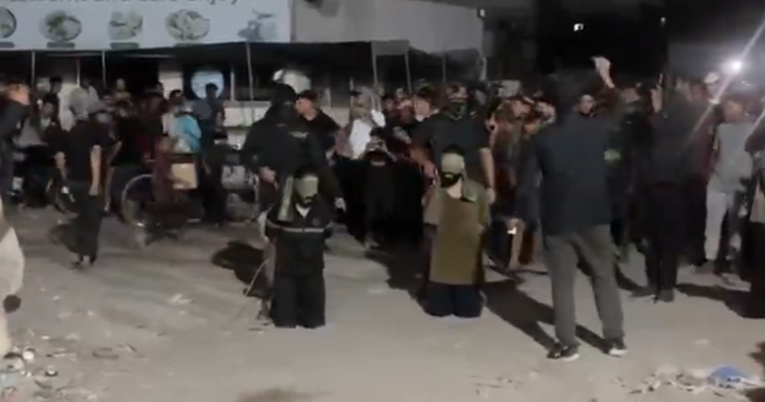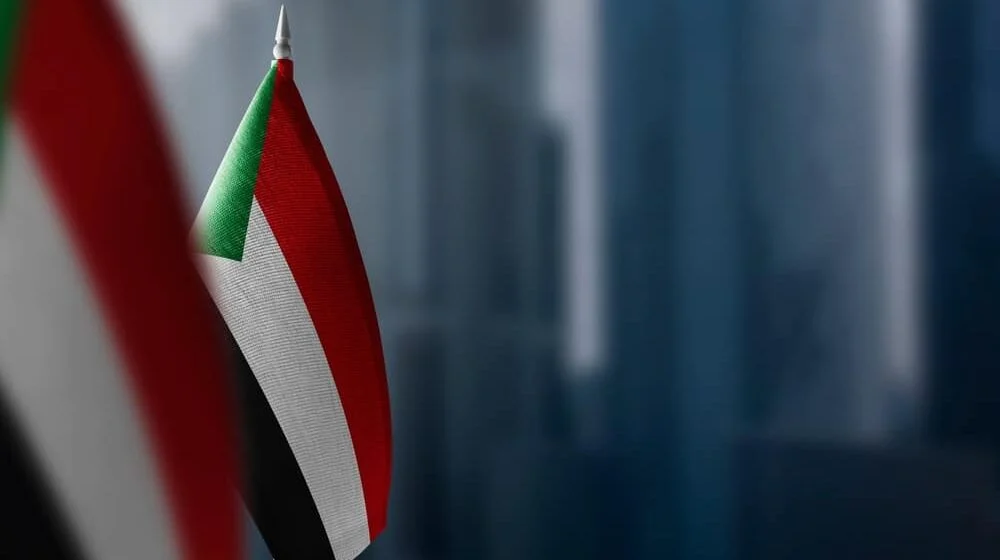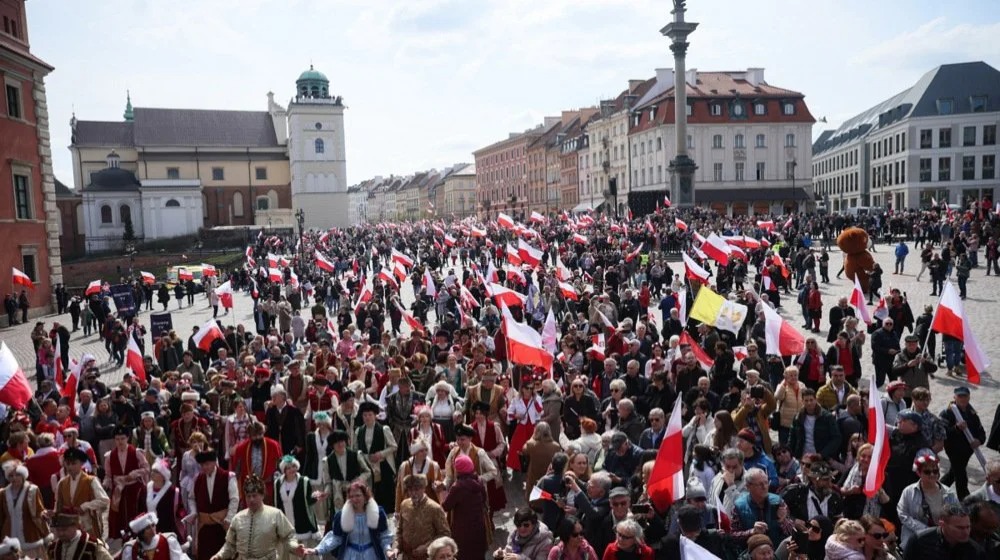
Who are the people Hamas publicly executes on the streets of Gaza? (VIDEO/DISTURBING)
MASKED members of Hamas entered several neighborhoods of Gaza and in public executions executed at least 33 people they accused of spying for Israel or belonging to rival armed groups, multiple reports and videos show.
Random killings on the streets
Video clips on social media show men forced to kneel while masked militants shoot them in the head in front of gathered crowds.
A verified clip examined by ABC was located in the Sabra neighborhood of Gaza City and shows armed men, some wearing green bands associated with Hamas’s military wing, carrying out public executions in front of gathered citizens. Hamas’s Telegram channel attached the same video with the message: “The liberation forces have carried out the death penalty against numerous collaborators and criminals in Gaza City.” - writes Index.
Security sources and witnesses say the wave of executions followed just a few hours after the last living Israeli hostages were released as part of the truce. Experts and local activists interpret the carried-out executions as a brutal attempt by Hamas to quickly assert control over the streets and to intimidate clans and gangs that for years acted as rivals in the Gaza Strip.
We warn that the following footage is disturbing
Hamas publicly executed three Palestinians last week.
— Eyal Yakoby (@EYakoby) September 28, 2025
Mehdi Hasan? Not a word.
Ana Kasparian? Not a word.
Cenk Uygur? Not a word.
https://t.co/J2Pesl9tPF
Crackdown on rivals
Palestinian-Swedish political scientist Abdalhadi Alijla described the events as “extra-judicial executions” and warned that, in the absence of judicial institutions, there is a real danger that innocent people will be liquidated. “There are no functioning courts, no institutions — that is why such procedures occur,” Alijla told ABC.
Hamas responded by saying it is targeting “collaborators and criminals” who they claim took part in looting humanitarian aid and cooperated with opponents. Influential clans are mentioned among them, such as Doghmosha and Helles from Sabra, a neighborhood in Gaza, which had previously clashed with Hamas and which, according to some sources, had ties to armed groups like ISIS.
Israel admitted arming a Bedouin clan, opponents of Hamas
Earlier this year Israeli authorities acknowledged arming a Palestinian Bedouin clan in Gaza that is fighting against Hamas and which is now, among other things, also being targeted by Hamas, justifying the move as a legitimate means of warfare. Reuters reports that clashes between Hamas and local clans are part of a broader struggle for control in areas from which Israeli forces have partially withdrawn.
The new wave of violence comes at a time when, as part of the truce, hostage exchanges and the return of bodies have begun, and international mediators are working on the next phases of the agreement. U.S. President Donald Trump said in a recent statement that he had granted Hamas authority to “manage internal security in Gaza” under the agreement. Yesterday he also said he is not overly concerned with what Hamas does in Gaza.
Trump on Hamas: They did take out a couple of gangs that were very bad. They did take them out and killed a number of gang members. That didn't bother me much to be honest with you. That's okay. A couple of very bad gangs. pic.twitter.com/u9GnU8gQRO
— Acyn (@Acyn) October 14, 2025
Hamas takes control
According to sources, Hamas has called up thousands of members of its security forces to reassert control over the areas.
If the truce holds, Alijla believes the terrorist group will not need long to achieve that. “They are not yet the main force, but they are organized,” he said. “It will take some time, roughly a week or two, for them to fully organize and take control in Gaza.”
He does not believe Hamas will disarm, as envisaged in Donald Trump’s 20-point peace agreement. “If they do not disarm, we will disarm them, and that will happen quickly and perhaps violently,” Trump said.
Local health and humanitarian sources warn that such acts will further endanger the already grave humanitarian situation in Gaza and hinder the work of aid organizations. If the truce is broken due to internal reprisals or new clashes, the possibilities for delivering aid and normalizing the situation will be significantly reduced.





